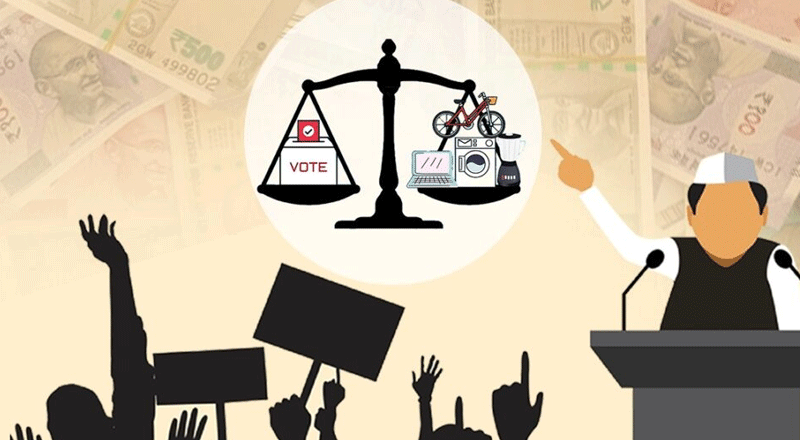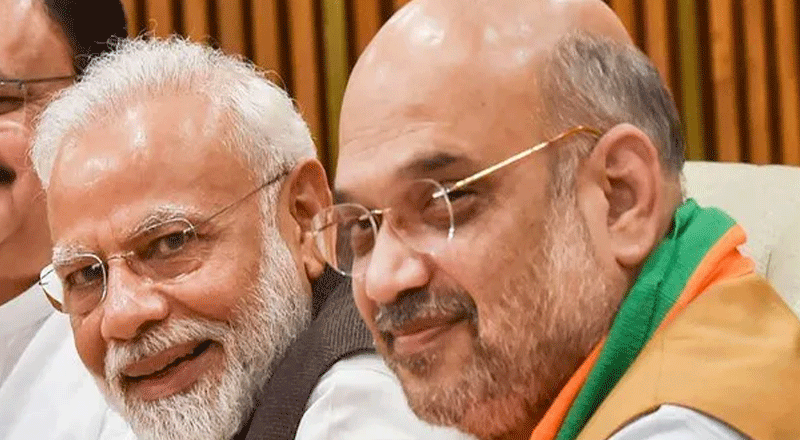The Waqf (Amendment) Bill has become a focal point of intense debate in the Indian Parliament, raising significant concerns regarding its potential impact on governance, the economy, and affected communities. The legislation seeks to reform the administration of Waqf properties, which are religious endowments primarily for the Muslim community. However, the bill’s passage has been marred by protests, particularly from the opposition, who claim that dissenting opinions have been ignored in the final report. As the nation awaits further deliberations, the implications of this bill on various stakeholders remain a critical issue.
The Controversial Tabling of the Waqf Bill
On Thursday, the joint committee presented its report on the Waqf (Amendment) Bill in the Rajya Sabha, triggering an uproar from opposition parties. The opposition, led by Congress leader Mallikarjun Kharge, staged a walkout, alleging that dissent notes were deliberately excluded from the report. These claims were later denied by Union Parliamentary Affairs Minister Kiren Rijiju, who insisted that dissent notes were included in the appendix. The chaotic proceedings led to a brief adjournment of the Rajya Sabha, highlighting the growing rift between the ruling party and opposition members over the bill.
Key Provisions of the Waqf Bill
The Waqf (Amendment) Bill proposes comprehensive changes to the governance of Waqf boards, which manage properties donated for religious and charitable purposes. The bill introduces several key amendments:
- Inclusion of Non-Muslim Members: The bill mandates that at least two non-Muslim members be part of state Waqf boards, ensuring broader representation.
- Government Oversight: A government-appointed official will have the authority to arbitrate disputes regarding whether a property qualifies as Waqf land.
- Enhanced Transparency: The bill aims to introduce stricter regulations to curb misuse and mismanagement of Waqf properties.
Economic Impact of the Waqf Bill
The bill has far-reaching economic implications, particularly in the realm of land ownership and development. By tightening regulations on Waqf properties, the government aims to eliminate fraudulent claims and improve land utilization. However, critics argue that increased government intervention could slow down the process of utilizing Waqf land for commercial and developmental purposes. Additionally, the new arbitration mechanism might lead to protracted legal battles over property disputes, affecting real estate markets and investment prospects.
Who Stands to Benefit?
The primary beneficiaries of the bill include:
- Government Authorities: The revised arbitration framework grants more control to government officials in deciding Waqf property status.
- Real Estate Developers: Stricter regulations could provide clarity on land ownership, potentially opening avenues for infrastructure projects and urban development.
- General Public: If implemented effectively, the reforms could lead to better management of Waqf resources, enhancing their contribution to public welfare.
On the other hand, some stakeholders express concerns:
- Muslim Community Leaders: Many believe that the bill undermines the autonomy of Waqf boards and dilutes the rights of the community over religious endowments.
- Opposition Parties: They argue that the bill represents an overreach by the government, marginalizing dissenting voices and altering the balance of power in Waqf governance.
The Opposition’s Stand
Opposition parties have fiercely opposed the bill, citing procedural concerns and substantive objections. They allege that the ruling party has ignored alternative perspectives, with Kharge labeling the report as “fake” and “anti-democratic.” The opposition has demanded that the report be sent back to the Joint Parliamentary Committee (JPC) for reconsideration, asserting that the omission of dissenting voices invalidates the legitimacy of the legislative process.
The Government’s Justification
The ruling BJP, led by Home Minister Amit Shah and BJP President JP Nadda, has defended the bill as a necessary measure to reform Waqf property governance. They argue that previous mismanagement and lack of transparency necessitate stronger oversight. Union Minister Kiren Rijiju dismissed the opposition’s allegations, stating that the dissent notes were not removed but included in an appendix. The BJP further contends that the amendments align with the broader vision of governance reforms to ensure accountability and efficiency.
Need for Regulatory Oversight?
The controversy surrounding the Waqf (Amendment) Bill raises a fundamental question—should there be a regulatory framework to oversee legislative changes impacting religious endowments? Given the economic and social significance of Waqf properties, balanced legislation that incorporates diverse perspectives is crucial. Establishing an independent regulatory body to oversee Waqf governance could serve as a middle ground, addressing concerns of both the government and opposition.
To conclude, we can say that the Waqf (Amendment) Bill is poised to reshape the administration of religious endowments in India. While the government views it as a step toward transparency and efficient land management, opposition parties see it as an infringement on community rights. As the debate unfolds, a collaborative approach that balances economic growth, governance efficiency, and minority rights will be key to ensuring a fair and effective implementation of the bill. Whether the dissenting voices will be accommodated or side-lined remains to be seen, but one thing is certain—the Waqf Bill is set to have a lasting impact on India’s legislative and economic landscape.
(With inputs from agencies)





